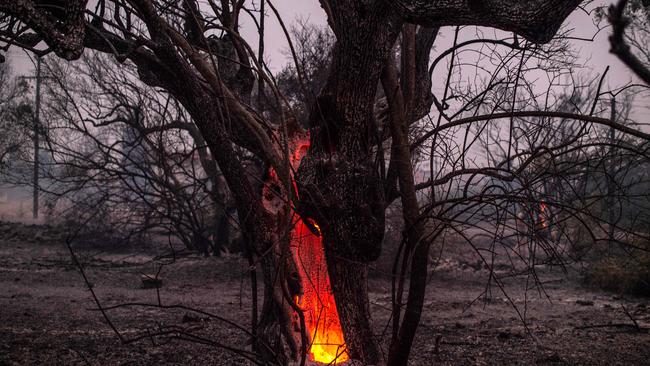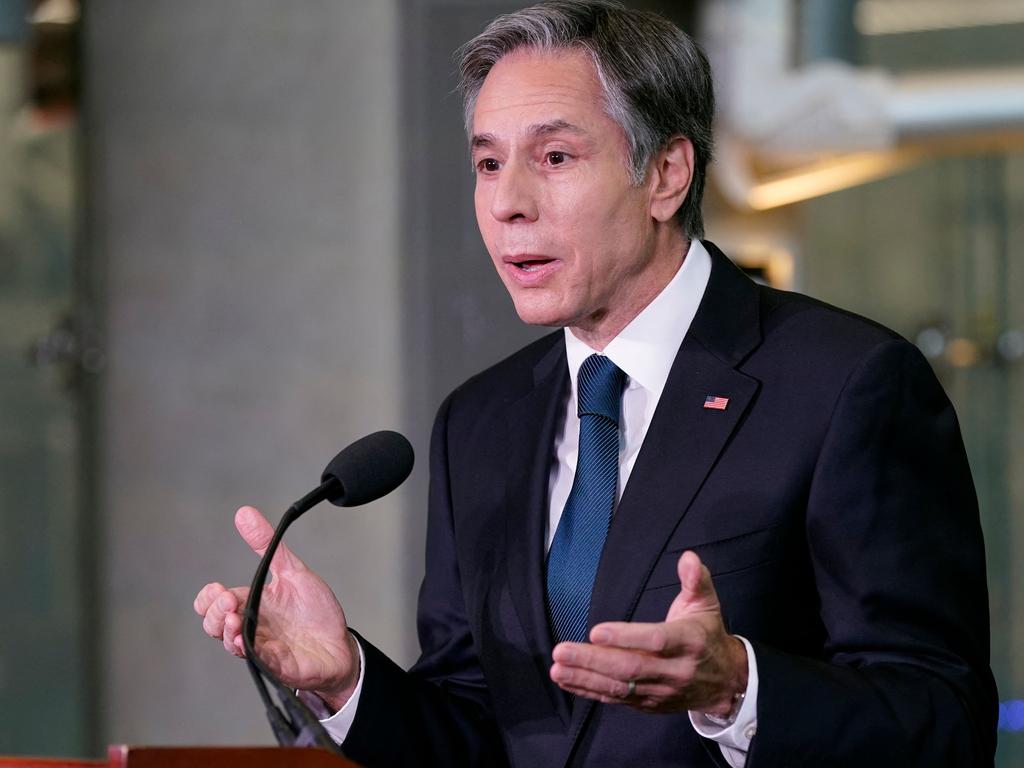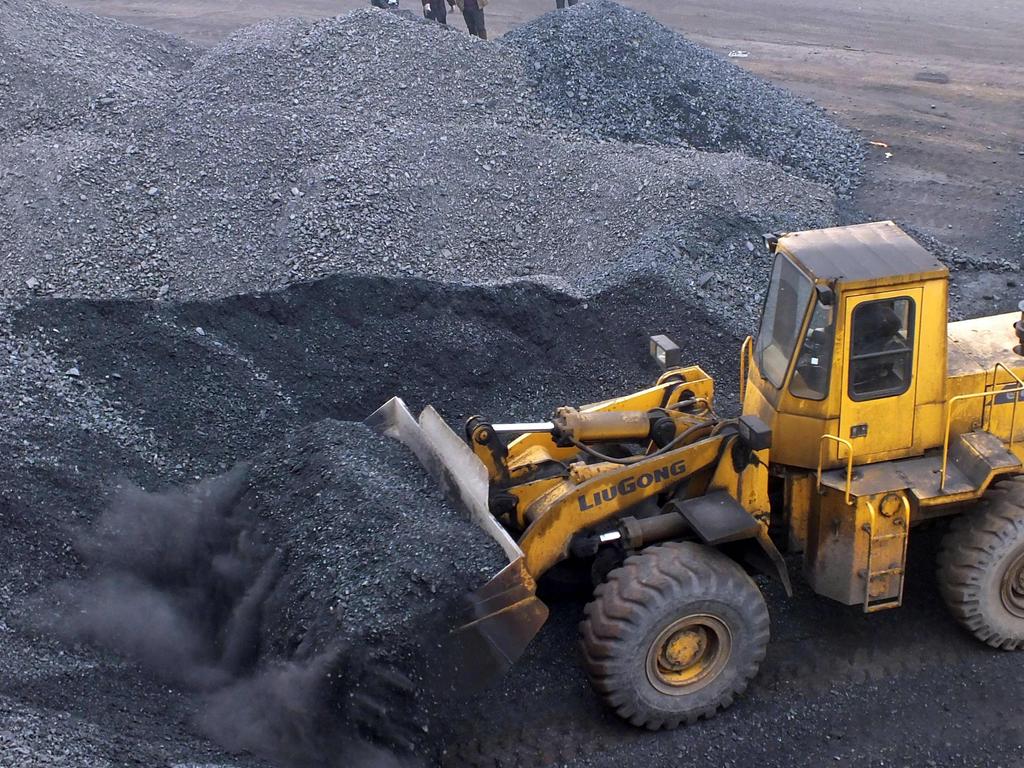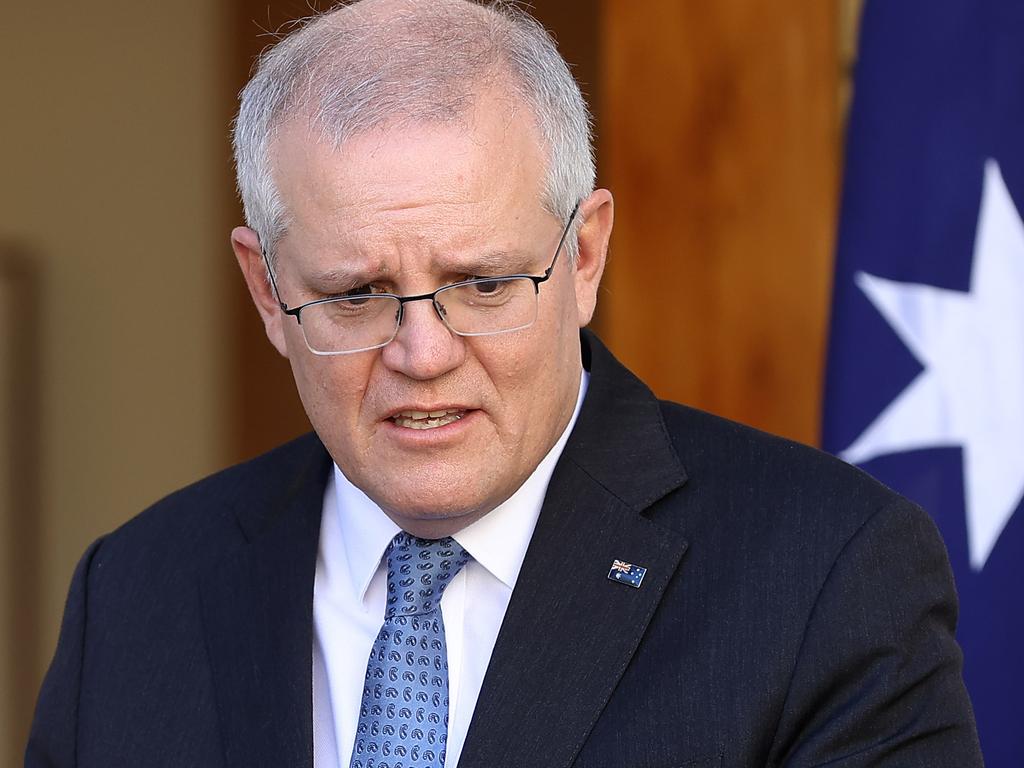
Not too much should be read into the timing of the release of the report ahead of the Glasgow conference scheduled for November. This is because the Glasgow meeting was due to be held last year, before the report’s originally scheduled release in March.
Nonetheless, the report provides a rallying point for pressure groups, including the UN, to encourage world leaders to do more to reduce their nations’ greenhouse gas emissions.
From a scientific perspective, AR6 does not draw any startling new conclusions. Rather, scientists at the frontline of studying climate change are more convinced than ever that rising levels of carbon dioxide in the atmosphere have a direct relationship to rising surface temperatures averaged across the world. The science community is more willing to accept that natural variation can produce periods of negligible warming or even cooling.
The new learnings involve the use of climate models to provide a link between extreme weather events and a warming world. This remains a relatively new science and the results do not always have a high degree of confidence.
There is a robust defence of climate models overall but an admission that some newer models produce outcomes that cannot be accepted on their own.
Where the AR6 report becomes political is the extent to which it allows itself to become a vehicle for breathless prophecies of a looming Hadean future. This should not be surprising given that experts at the IPCC billed the report as “a code red for humanity”. In more sober tones, the report says warming since the start of the industrial revolution has been 1.07C and the best estimate of warming if greenhouse gases are allowed to double in the atmosphere is 3C.
It says the Paris Agreement’s more aspirational target to limit future warming to 1.5C will likely be exceeded on an annual basis in a little over a decade. Without action the actual Paris Agreement threshold of 2C will be breached in coming decades. But there is still a chance to meet even the lower target if the world can agree to decarbonise to net-zero emissions by 2050.
Unfortunately, the report has left itself open to the same criticisms that have dogged other recent appraisals of climate science. By necessity, the report includes a wide range of possible scenarios. Each scenario is based on a different trajectory for future greenhouse gas emissions. They range from sharp decreases in emissions to business as usual and a high-emissions scenario, RCP8.5.
The IPCC says, in general, no likelihood is attached to the scenarios assessed. But it does say the likelihood of high-emissions scenarios such as RCP8.5 is considered to be low. It is the high-emissions scenarios that have the greatest potential for bigger storms and tipping point extremes. Analysis shows the high-emissions scenarios that the IPCC says have a low probability dominate the report, with 41.5 per cent of all scenario mentions.
The scenarios judged most likely under current trends get less than half of this amount.
Many people no doubt will argue that even the best case scenarios can result in bad outcomes for the planet and that highlighting the negatives is necessary to get reluctant politicians to act. And they are probably right because as things stand it will take a minor miracle to break the logjam in global climate change politics that has frustrated progress throughout the IPCC’s existence and threatens to derail Boris Johnson’s Glasgow dream.
The issue is how to treat the developed and developing world differently but fairly and still cut total emissions. Scott Morrison touched on it on Tuesday when he said we could not ignore the fact the developing world accounted for two-thirds of global emissions and those emissions were rising.
The difficult part is that advanced economies have developed over a long time, principally on the basis of fossil fuel industries. And, as Morrison says, “It’s a very fair argument that the developing world makes, which says ‘why should our economic futures be denied when advanced economies around the world have been able to go forward on that basis of their energy economies over a long period of time?’ ”
This is the issue that has stalled global progress on limiting greenhouse gas emissions, which continue to grow as increases from developing economies swamp cuts from the developed world.
Out of total annual global emissions from fossil fuels of 36.4 billion tonnes, China emits 10.2 billion tonnes. The US is the next biggest emitter with 5.4 billion tonnes, then the EU with 2.9 billion, India 2.6 billion, Russia 2.4 billion and Japan 1.3 billion.
The developed world is proposing deep cuts to emissions but at the same time outsourcing industrial production of the things needed to make the transition to China, including the greenhouse gas emissions involved.
India forcefully has let it be known that it will continue to prioritise industrial development and poverty alleviation over curbing greenhouse gas emissions and is calling for a per capita measure.
Johnson has had high hopes of making the Glasgow summit the point at which the world turned its back on coal. But India and China refused even to attend a meeting called to discuss it.
The glue that is supposed to bring the sides together is money, with the transfer of funds from the developed to the developing world. But with coffers drained from tackling the Covid-19 pandemic the developed world is less well placed to deliver.
The situation is made more dire by growing pushback against governments in the EU and Britain, which are doing the most to make the change to net zero. Britain’s Committee on Climate Change, the agency charged with advising that a transition to net zero could be made at limited cost, has been ordered to produce its costings. It now says the spreadsheets of calculations have been deleted and overwritten.
In a statement on Monday, Johnson said we know what must be done to limit global warming. That is, “consign coal to history and shift to clean energy sources, protect nature and provide climate finance for countries on the front line”. Easier said than done.







There is a burning question at the centre of the latest Intergovernmental Panel on Climate Change report, the sixth assessment report into global warming (AR6). Is this a scientific document or a political one? The answer is that, by necessity, it is a bit of both.